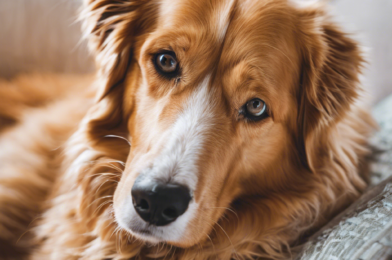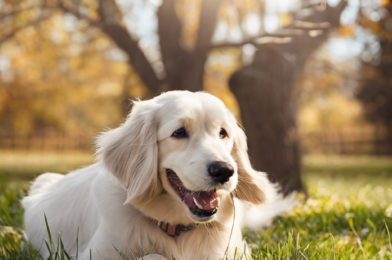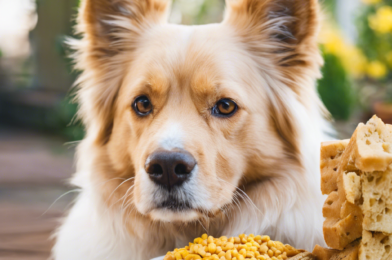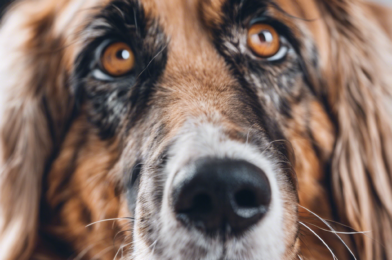As our furry companions age, their needs change, requiring a different approach to their care. Senior pets, just like senior humans, benefit greatly from holistic care that encompasses their physical, emotional, and mental well-being. Holistic care for senior pets focuses on a comprehensive approach to maintaining their health and happiness in their golden years.
One essential aspect of holistic care for senior pets is proper nutrition. As pets age, their dietary requirements may change, requiring food that supports their aging bodies. Specialized senior pet food rich in essential nutrients can help maintain their overall health and vitality. Additionally, supplements such as glucosamine and omega-3 fatty acids can support joint health and cognitive function in senior pets.
Regular exercise tailored to the senior pet’s abilities is another crucial component of holistic care. Gentle walks, low-impact play sessions, and stretching exercises can help keep senior pets mobile and maintain their muscle mass. Physical activity not only benefits their physical health but also provides mental stimulation and helps prevent obesity, which can exacerbate age-related health issues.
Incorporating alternative therapies such as acupuncture, massage, and hydrotherapy can also provide significant benefits to senior pets. These holistic approaches can help alleviate pain, improve circulation, and promote relaxation. Additionally, these therapies can enhance the bond between pet and owner, providing comfort and emotional support to senior pets as they navigate the challenges of aging.
Regular veterinary check-ups are essential for senior pets to monitor their health and catch any potential issues early. Routine blood work, dental exams, and screenings for conditions such as arthritis and cognitive dysfunction can help ensure early intervention and proper management of age-related ailments. Open communication with the veterinarian is key to providing the best holistic care for senior pets.
Maintaining a comfortable and safe environment is crucial for senior pets’ well-being. Providing soft bedding, easy access to food and water, and gentle grooming sessions can help senior pets feel secure and content. Creating a calm and predictable routine can reduce stress and anxiety in senior pets, promoting a sense of security and stability in their daily lives.
Mental stimulation is vital for senior pets to keep their minds sharp and engaged. Interactive toys, puzzle feeders, and short training sessions can help prevent cognitive decline and boredom in senior pets. Engaging with their owners through play and bonding activities can also provide emotional support and strengthen the human-animal bond.
Lastly, love, patience, and understanding are perhaps the most important elements of holistic care for senior pets. As our beloved companions age, they may require extra care, attention, and compassion. Showering them with love, being patient with their needs, and understanding their limitations are essential for providing holistic care that honors their journey into their senior years.





